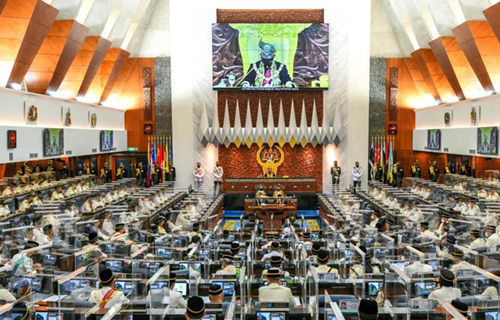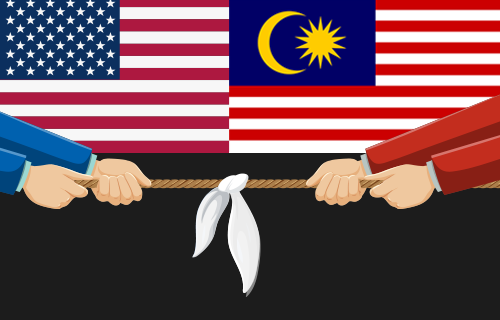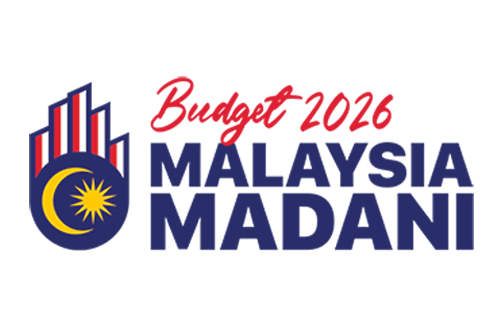Special Cabinet Committee on National Governance’s (JKKTN) institutional reform commitments are an important step forward for Malaysia’s overall democratic maturity

Kuala Lumpur, 20 September 2023: The slew of institutional reforms announced by the Special Cabinet Committee on National Governance (JKKTN) on 14 September 2023 present a significant opportunity for Malaysia to improve governance in various aspects.
“Committing to drafting a Government Procurement Act (GPA) that prioritises transparency through a complaint and review mechanism is a positive step. However, this is a minimum requirement due to Malaysia’s accession to the CPTPP. In addition to establishing the required review procedure, the government must align the law with international benchmarks such as UNCITRAL Model Law on Public Procurement and adopt international disclosure standards and the Open Contracting Data Standards, to stem corruption,” said Alissa Rode, Manager of the Public Finance Unit, IDEAS.
There are several flaws in Malaysia’s current procurement system. “Firstly, the current mechanism discloses only the winning bidder and its costs, which is not sufficient for effective accountability. There should also be disclosure throughout the life of the contract, such as when price changes or modifications occur. These disclosures would provide information for better check and balance,” said Alissa Rode.
Secondly, discretionary power to allow direct negotiation should be abolished. In the event that direct or competitive negotiation is necessary, the reasons should be disclosed and justified publicly prior to the award. “For sensitive defence contracts, the government should still ensure sufficient oversight despite the need for secrecy, which can be achieved through mandatory reporting to a Parliamentary Special Select Committee”.
In addition, IDEAS welcomes the government’s commitment to review the existing legal framework of the subsidiaries to statutory bodies to ensure that it is more aligned with the principles said of good governance. To achieve this, the government should consider best practices derived from the OECD Guidelines on Corporate Governance of State Owned Enterprises.
“Two aspects need to be adhered to: observing high standards of transparency and conducting an appointment process that is transparent and professional. Statutory bodies should be subject to a higher standard of public disclosure, compliance, and oversight.,” said Alissa.
Furthermore, there is a need for a more transparent and merit-based appointment process for directors, as there are no strict qualitative requirements at present. Our data from Pantau Kuasa showed that there were 238 political appointments across 72 federal statutory bodies under the previous administration, not including political appointments in GLCs. These reforms are needed to reduce potential abuses and conflicts of interest, as well as risks of wastage and inefficient operations in the companies, all of which serve the public interest. For more recommendations, refer to IDEAS and Bersih’s policy paper “Reforming The Appointment Process of Directors in GLICs, GLCs and Commercially Related Statutory Bodies.”
None of these proposed reforms would be effective unless the right to information is guaranteed. This is why the JKKTN’s commitment to enacting a Freedom of Information (FOI) Act is crucial. “Only with an FOI in place can citizens meaningfully scrutinise government actions, including how our money is spent. Lastly, the commitment to amend the Official Secrets Act (OSA) is crucial, not only for enabling better access to information, but for the health of our democracy more generally. With the FOI in place and a less restrictive OSA, I am hopeful that open, transparent governance will become a norm rather than an exception in Malaysia,” ends Alissa.
IDEAS also calls for a period of public consultation on the actual wording of these reform bills before they are tabled. In the spirit of prioritising transparency, it is necessary to ensure sufficient opinions and stakeholder engagement are obtained.
— END —
Download Media Statement PDF File Here
For enquiries, please contact:
Aira Azhari
Senior Manager,
Democracy and Governance Unit
T: +603 2070 8881/8882 | E: aira@ideas.org.my

